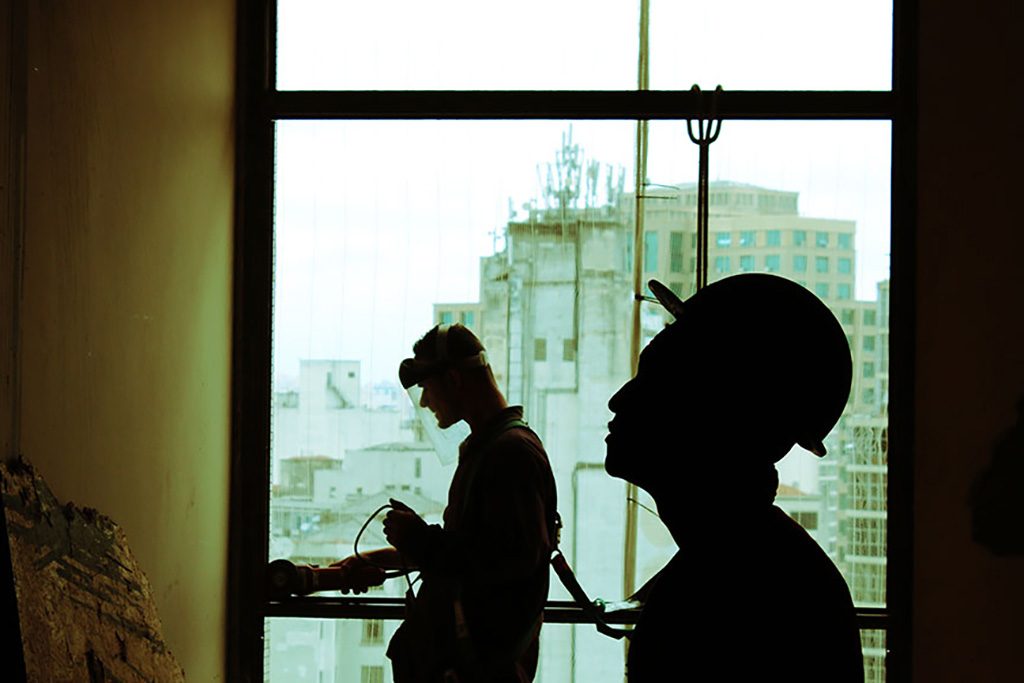Proposed changes to British Columbia’s labour code are drawing both praise and criticism from the industry.
B.C. minister of labour Harry Bains announced on April 30 that changes to the province’s Labour Relations Code would go forward based on the recommendations of an independent review panel along with consultation of industry, the public and labour organizations.
“For many years, B.C.’s workers have seen employment rights and job security seriously threatened. And yet the Labour Relations Code hasn’t had a substantive review since 1992. Between rapidly evolving workplace environments and a concerted attack on labour protections, too many hard-working people are struggling to get ahead or plan a future for themselves and their families,” Bains said.
“By bringing in changes to the Labour Relations Code, we will ensure better protection of collective bargaining rights for workers in British Columbia and promote more stable and harmonious labour relations for employers and unions,” he added.
Many industry leaders voiced support for the recommendation concerning the retention of secret ballots for union certification and reconfirmation.
“The review panel ostensibly heard from industry stakeholders, who recommended government not to take on a card-check system. We’re glad we aren’t going down the road of Alberta, that has auto certification. The best way for a group of employees to choose to be represented or no is a secret ballot, B.C. has decided to stay with that, and that’s a good thing,” Progressive Contractors Association of Canada (PCA) president Paul de Jong said.
Independent Contractors and Businesses Association president Chris Gardner agreed with retention of secret ballots but cautioned the decision as more political than practical.
“Despite the hard work the ICBA and others in the employer community and workers across the province did to raise the issue, if the NDP had a majority government, they would be stripping out the secret ballot,” Gardner said. “We owe it to Andrew Weaver and other Green MLAs that the secret ballot remains.”
Not all sectors of the industry agree. BC Building Trades executive director Tom Sigurdson said he was “extremely disappointed” the ballot was not being eliminated and said in B.C. those who wish to join a union must first sign a union card and then vote after a waiting period where he said “the employer typically campaigns against unionization.”
“Most jurisdictions in Canada have a card-based certification system, so it’s disheartening that B.C. has decided to remain behind the times and continue with an Orwellian-styled double-vote process whose only goal is to limit employee choice,” said Sigurdson.
International Union of Operating Engineers (IUOE) Local 115 business manager Brian Cochrane also expressed dismay with the NDP government’s decision to retain the current two-step process.
“Any worker who signs a card is giving a clear indication that they want to join a union. The delays that precede a vote give employers time to engage in coercion and intimidation. The BC Labour Relations Board has received hundreds of complaints about such behaviour over the years, and it’s certain that the voting requirement will continue to create problems for workers,” Cochrane said.
De Jong questioned the tenor of the changes in the code, saying they “assume the employer is categorically bad and wrong, sets everything else off on the wrong foot.”
“It’s bad for the contractor and workers, but it’s also bad for the industry, because the whole tone and tenor is one that’s negative against the employer,” de Jong said.
He added while a proposed reduction from a 10-day period to five days for union certification isn’t a big shift, it also conveys a negative attitude towards employers.
“It’s not a significant departure from the past, but it does signal a concerning philosophy that the worker-manager relationship is adversarial,” de Jong said.
“The rationale is that it reduces the time frame where an employee can interfere with the vote, but legislation already provides protection against unfair labour practices,” he added. “It’s an unnecessary move, but it chillingly underscores the presumption that employers ae in the wrong, which is a terrible way to start things off.”
Gardner also expressed concern about the shrinking time window for certification.
“We’re not sure why they decided to do this. Practically the employer and workers do need some time to organize and understand the decision they’re about to make. It needs to be a reasonable period of time for employers and workers to understand the implications of the decision, whether it’s union, non-union or switching from one union to another,” Gardner said.
Raiding, where one union can appeal to another union’s members to switch, will also be changed under the new proposed labour code. Where, previously, raiding was only allowed during low-employment periods such as the winter months, under the new rules a construction-focused union can be raided in July and August when work is at its peak and staffing is at its highest. While the raiding period has been shifted to once every three years for most industries, construction has been exempted and raiding can occur on an annual basis.
“Construction is cyclical based on investment. It is, regardless of the economic cycle, always seasonal. Most construction work peaks in the summertime. This is the time when construction workers are best able to democratically determine if they want to have union representation,” Sigurdson said.
“It is not at all like static industry where workers can work for years for the same employer. Construction workers ought to be offered the opportunity to select union representation on a frequent basis, which would be consistent with the precarious nature of their employment,” he added.
Gardner said the change will hurt productivity at a crucial time of year for the industry.
“This is really when unions fight with each other, and to be exposed to that on an annual basis is disruptive for employees and business,” he said. “I’m curious why the government feels so strong about it that they’d change the labour code to the detriment of workers and of business.”
British Columbia Construction Association president Chris Atchison also opposed the new raiding rules.
“We are concerned (B.C minister of labour Harry Bains) has chosen to override the panel’s recommendation to move union certification to every third year. The negative impact on productivity in the sector is likely to be significant, due to raiding every year in July and August, the busiest time for our industry,” he said.
De Jong echoed Gardner’s and Atchison’s concern over the new raiding provisions.
“Our understanding is that the provincial government has heeded the advice of industry to move from a raiding window of seven to eight months every year to every three years. But they’ve exempted construction, which is a terrible decision,” he said.
“It’s one thing, in contrast to other jurisdictions in Canada, to have an annual open period. But now it’s aligned so that all collective agreements are open at the same time and it will be chaos every summer as the industry deals with this,” de Jong said.
Atchison said on balance his organization stresses harmonious relations between all parties.
“We absolutely understand that there’s tremendous value to protecting the rights of workers, but we also know it’s important to protect the rights of employers. It shouldn’t be a pendulum swing and we should find an approach that benefits all British Columbians, not a favored few,” Atchison said.










Recent Comments
comments for this post are closed